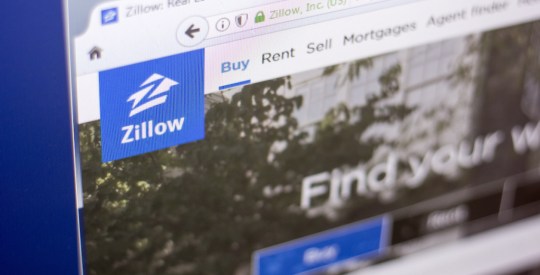A reverse mortgage loan is a potential way for an American senior at or over the age of 65 to tap into their home’s equity to help with their goals in funding retirement, and can provide a viable option for those seeking to bolster their cash flow while living on a fixed income. However, there are potential drawbacks that need to be considered prior to entering into such a loan.
This is according to a column published by GOBankingRates and appearing in Yahoo Finance. One thing that reverse mortgage professionals may find encouraging about the piece is that it aims to contextualize reverse mortgages in comparison with other available tools, offering an uncommonly pragmatic perspective on the product category.
“Reverse mortgages can be a lifeline to seniors who are struggling financially, but they’re not for everyone and they do come with risks and expenses,” writes columnist Andrew Lisa. “Reverse mortgages are just another way for homeowners to tap their equity. Like home equity loans, HELOCs and cash-out refinances, reverse mortgages are loans borrowed against equity — but they’re structured differently than the rest.”
In terms of the potential advantages, the column stays reasonably focused on use cases and how a reverse mortgage has the potential to enhance the financial position of a retiree.
“Seniors can use the payments from these specially structured loans to supplement their incomes, pay for healthcare and meet their expenses,” the column reads. “Even better, the money is usually tax-free, even though it’s used as income. You keep the title to your home and your Social Security and Medicare benefits aren’t affected. Perhaps most importantly to seniors concerned with security, you don’t have to pay the money back for as long as you live in your home.”
In terms of potential drawbacks the column also stays focused on the practical roadblocks that may emerge for someone in a reverse mortgage looking to change their living situation, such as the loan being called due and payable if the resident elects to leave. The article also mentions relatively common misgivings shared by some people including high upfront costs, the growth of the loan balance over time, complications surrounding non-borrowing spouse provisions and more.
“If you die first, your spouse or your estate picks up the tab for you, although in some cases, a non-borrowing spouse can remain in the home,” the column reads. “Even in those cases, however, the surviving spouse will no longer receive payments since they weren’t on the loan. In a lot of cases, the house is the estate and the home must be sold to pay back the reverse mortgage loan. That’s bad news for any heirs who were expecting a windfall of inheritance.”
Read the column at Yahoo Finance.



